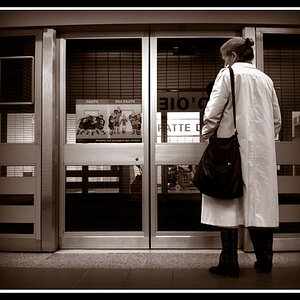epp_b
No longer a newbie, moving up!
- Joined
- Aug 22, 2008
- Messages
- 2,135
- Reaction score
- 12
- Location
- True North Cold and Freezing
- Website
- www.eppbphoto.com
- Can others edit my Photos
- Photos OK to edit
If I wanted a used Nikon 35mm film camera that was fully mechanical, required absolutely no electronic power whatsoever to use and was less than, say, $75, what models would I look for?


 Let's wait for the OP to reply to see what he/she means by a fully mechanical camera.
Let's wait for the OP to reply to see what he/she means by a fully mechanical camera.


![[No title]](/data/xfmg/thumbnail/35/35215-cb01ff31834a4ee952045622f00781a5.jpg?1619736952)







